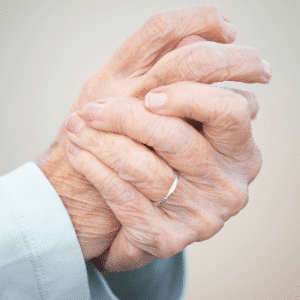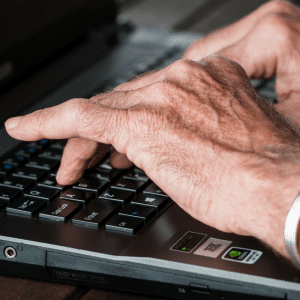Foot Problems in the Elderly
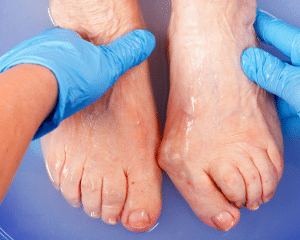
Many falls in elderly people originate because of one of the common foot problems. Neuropathy, fractures, falling arches, cartilage deterioration, arthritis, etc. are some common problems with feet. Some of these issues can be aided with proper shoes or inserts, some with are helped by supplementation to diet, and others might require surgical intervention. In nearly all cases, however, finding a treatment or intervention will help alleviate pain and may even take it away completely. It is not necessary to put up with pain daily if you’re able to do something about it. Quality of life at this stage in life is important and preventing or stopping pain is necessary to improve your quality of life. Don’t ever put up with pain if there is a way to treat it.
Neuropathy affects many people around the world. If yours is due to trauma, your doctor will be able to tell you the best ways to treat it. If it has just started, however, and you’re unsure how to treat the numbness, burning, itching and tingling sensations, investigate whether you have a vitamin B deficiency. Vitamin B in adequate doses is important for healthy nerve function. Also, be sure to check in on your consumption of alcohol, as over-indulgence in this area can cause symptoms of neuropathy, as well.
Fractures can become more common as we age, and since our feet must bear the burden of our body’s weight while our bones are losing some of their density, fractures occur. Acute pain generally accompanies fractures, but it may not be unbearable pain. I’ve known some older people who have fractured bones, and while it hurts terribly, they are usually reluctant to go to the doctor unless it has continued for a long period of time. With fractured bones, though, waiting can be the worst thing to do. If a fracture heals improperly, the uneven ends can develop bone spurs, which will give intermittent pain and discomfort for the rest of your life. If you suspect a bone fracture, get it taken care of right away.
Falling arches affect many people of all ages. Talk to your doctor if you think they may be a problem for you. If you try to live without inserts or another kind of intervention, you may be living in pain that is completely unnecessary, but which is also completely preventable.
Deteriorating cartilage is common in ankles, knees, & hips, especially if you had a full-time job on your feet for most of your life. There are injections that can help ease the pain of this, as well as supplements that the doctor may suggest. There is also surgery, if it is bad enough. Recovery time might cramp your style for a while, but the freedom of movement after you’ve recovered is worth it! While you wait for surgery, be sure to try inserts and good shoes with ample support to see if the extras will alleviate a bit of the sharp pain that you’ve been experiencing.
Finally, arthritis affects most of the aging population in one way or another, even if it is not rheumatoid arthritis. It is normally caused by inflammation, so research different foods that might be causing inflammation in your body. Eliminating these could greatly reduce the arthritic pain that you suffer. Taking supplements like capsicum can also aid against pain.
Whatever you feel your issues are, please seek help for them. Foot/leg pain are not just a normal part of the aging process. They are probably pointing to a deeper problem & that problem may be able to be solved. Freedom of movement, freedom from pain, and better quality of life may be available to you if you’re willing to put in the “foot work” to seek out a solution!
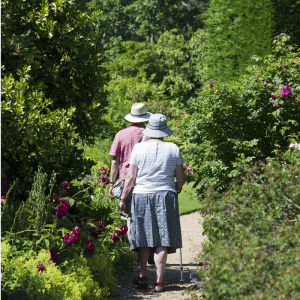
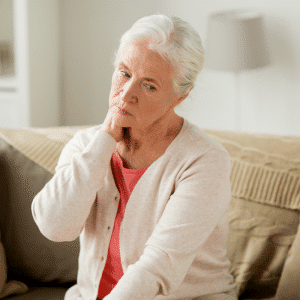
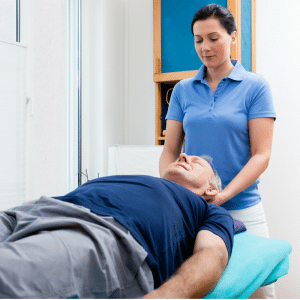 Massage can benefit seniors & the elderly in several ways. Increasing blood flow to different areas of the body is perhaps the single greatest benefit. Poor circulation often precedes many problems in the elderly. If there is poor circulation, it is difficult to utilize those areas of the body. It is also difficult to maintain proper body temperature without good circulation.
Massage can benefit seniors & the elderly in several ways. Increasing blood flow to different areas of the body is perhaps the single greatest benefit. Poor circulation often precedes many problems in the elderly. If there is poor circulation, it is difficult to utilize those areas of the body. It is also difficult to maintain proper body temperature without good circulation. The aging body is an amazing thing. How life can take us from such a small creature to our prime & then through the process of growing old is remarkable indeed. As we age, however, we discover that there are some things that we were never forced to think about before that have suddenly become important. Posture is one of those things. Our bodies are created in a very aligned way. Life, circumstance and gravity seem to grow heavier over time and pull us further forward & down. This can wreak havoc, not only on our muscular and skeletal systems, but also on our internal organs. There is some natural stooping that will occur as we age, but we've all noticed that some people age much more quickly and are drawn downward and forward to a much greater degree than their counterparts of relatively the same age. But, what is natural and what is not?
The aging body is an amazing thing. How life can take us from such a small creature to our prime & then through the process of growing old is remarkable indeed. As we age, however, we discover that there are some things that we were never forced to think about before that have suddenly become important. Posture is one of those things. Our bodies are created in a very aligned way. Life, circumstance and gravity seem to grow heavier over time and pull us further forward & down. This can wreak havoc, not only on our muscular and skeletal systems, but also on our internal organs. There is some natural stooping that will occur as we age, but we've all noticed that some people age much more quickly and are drawn downward and forward to a much greater degree than their counterparts of relatively the same age. But, what is natural and what is not?